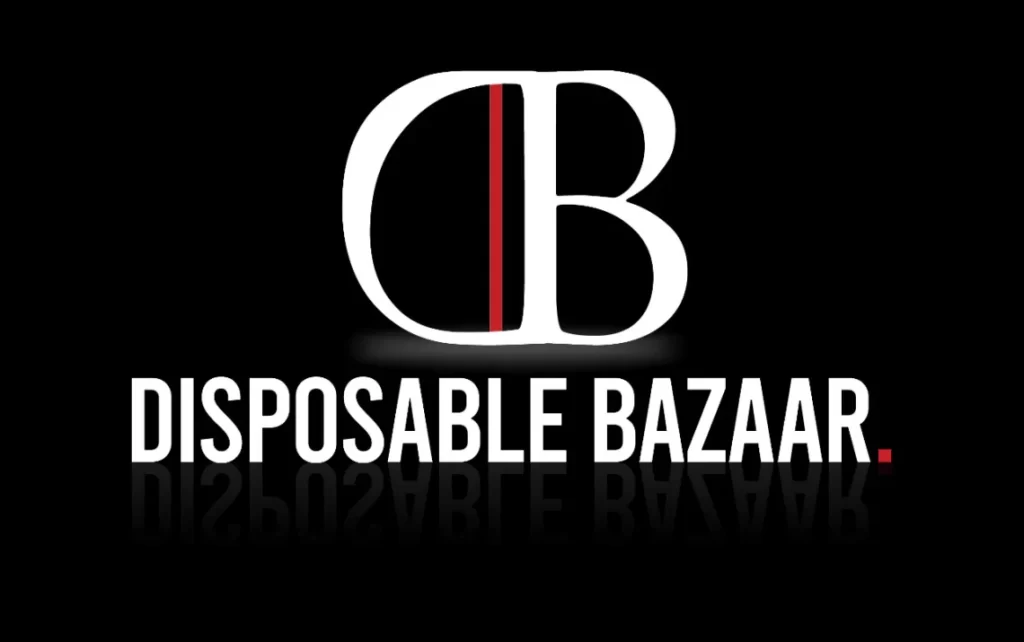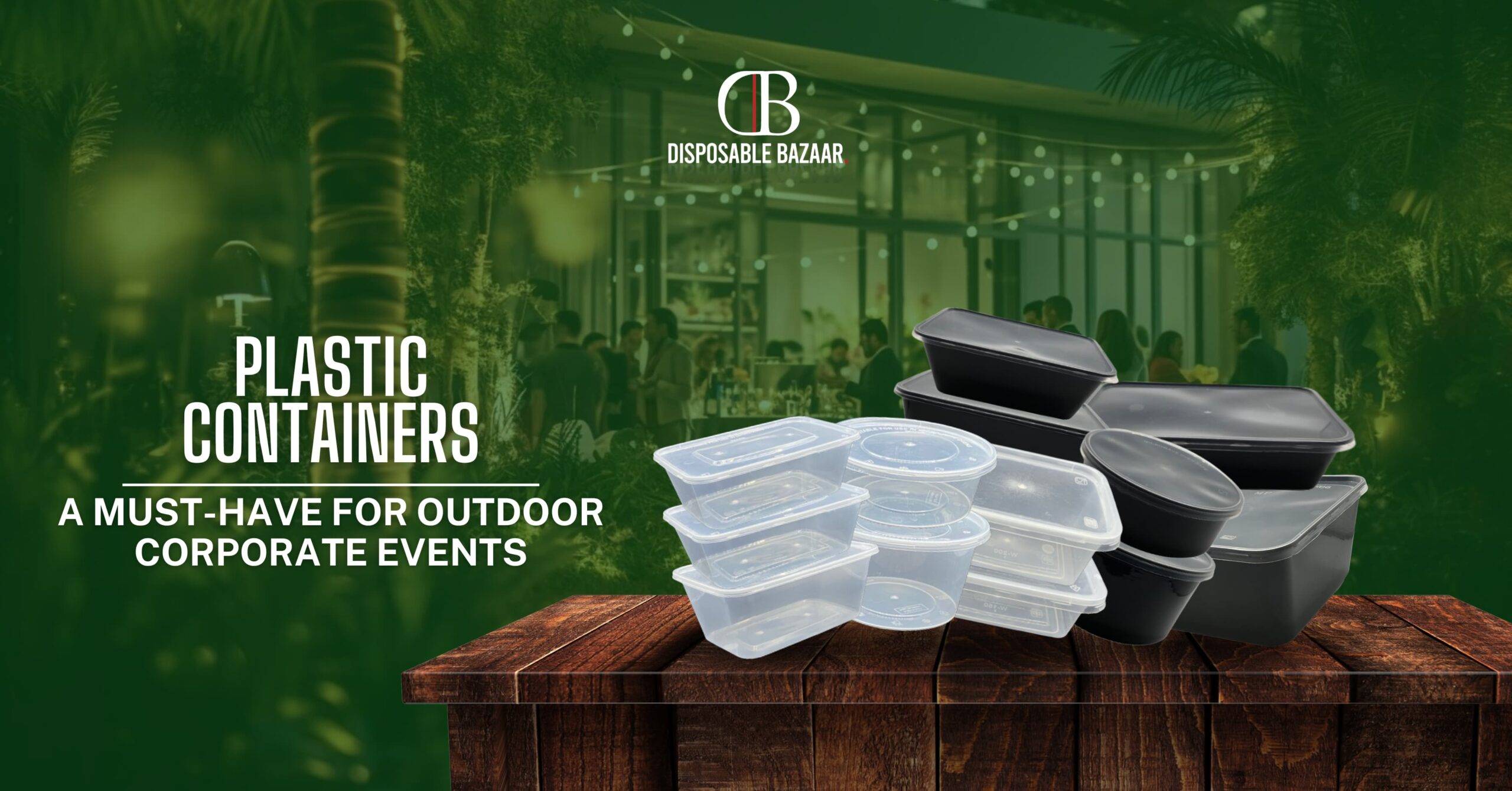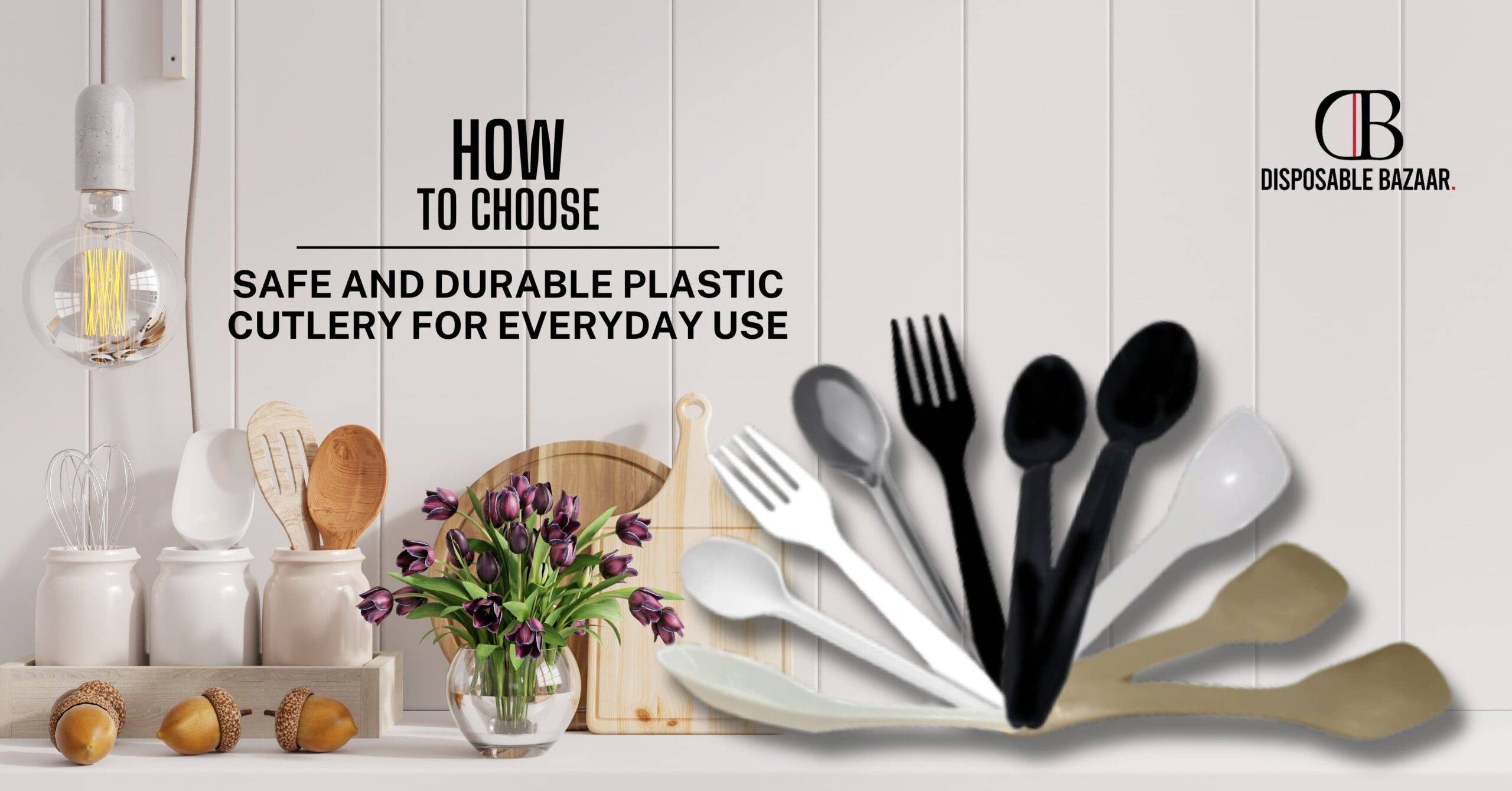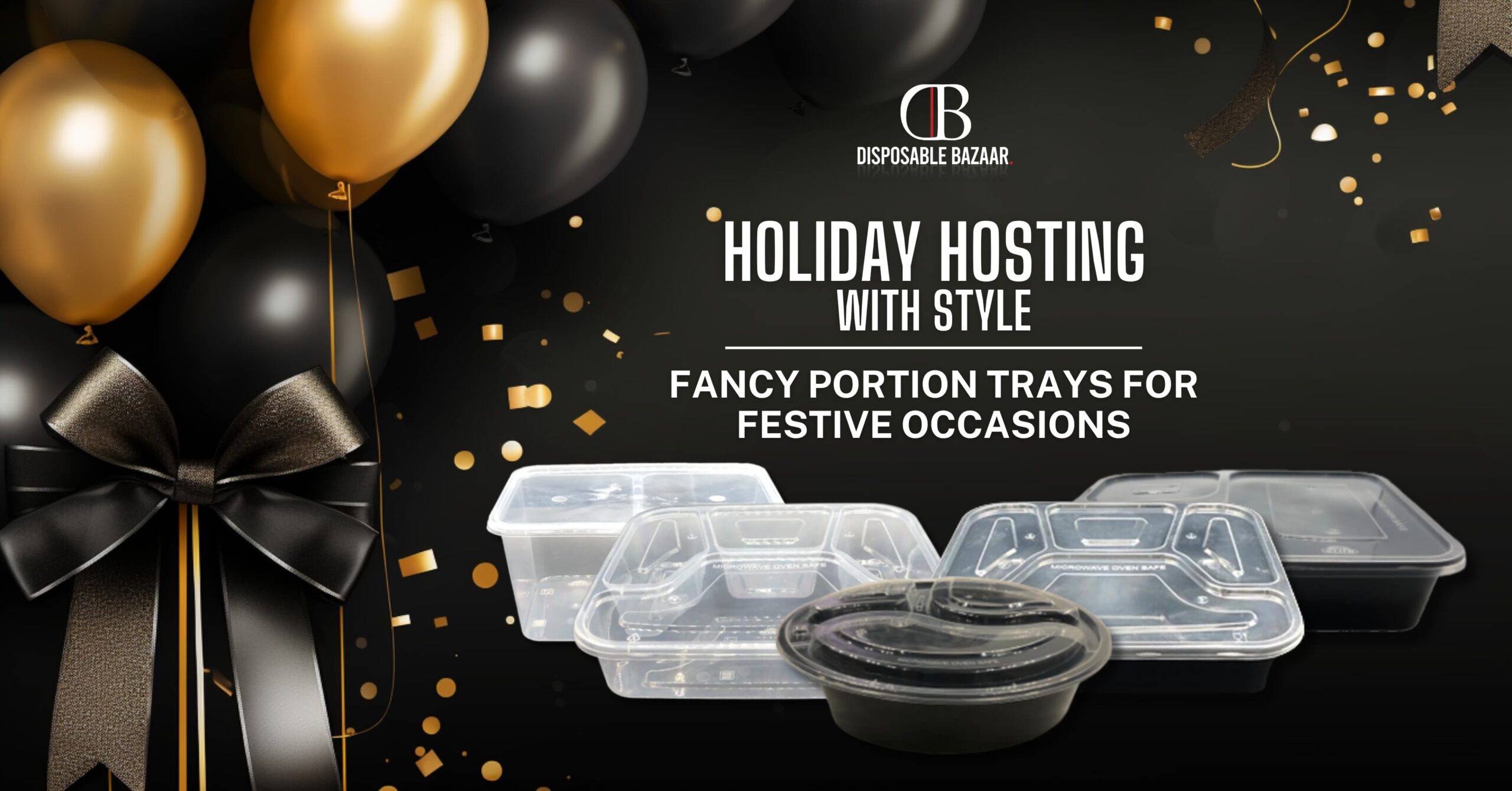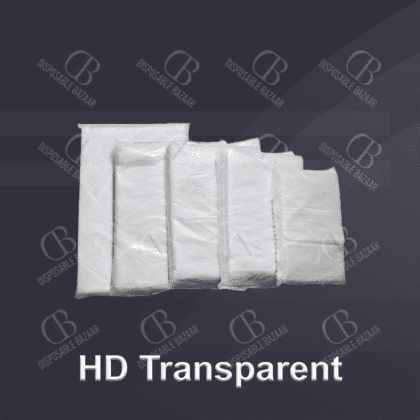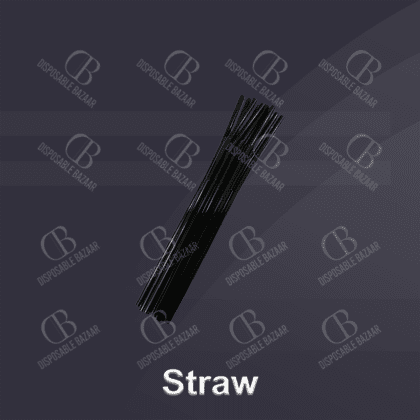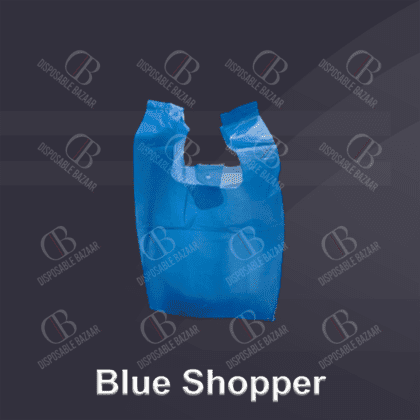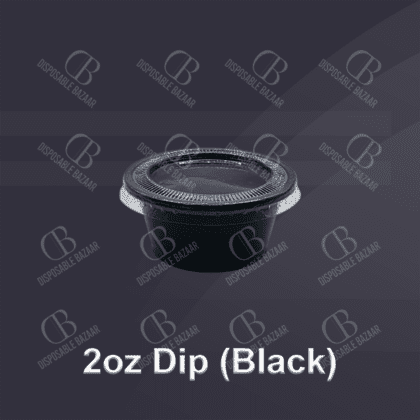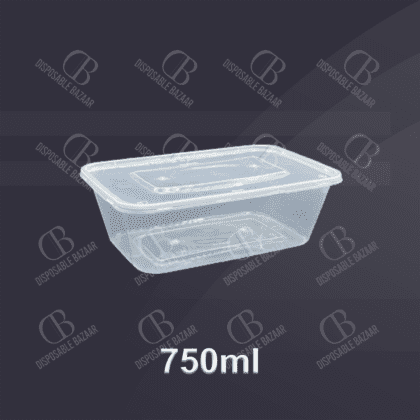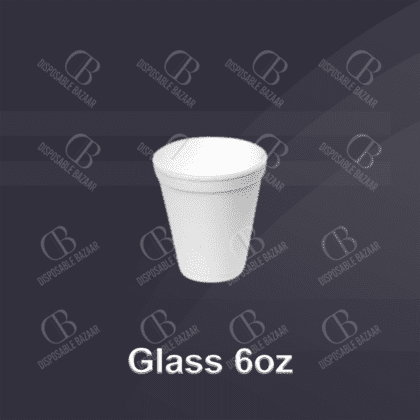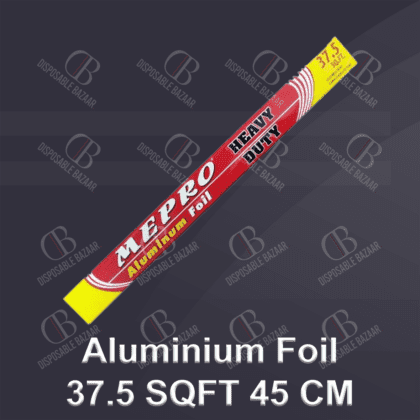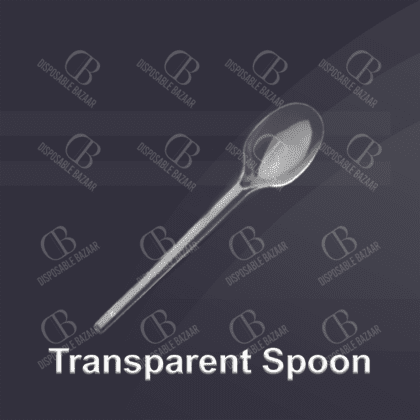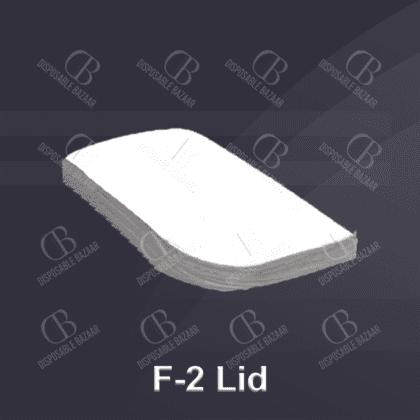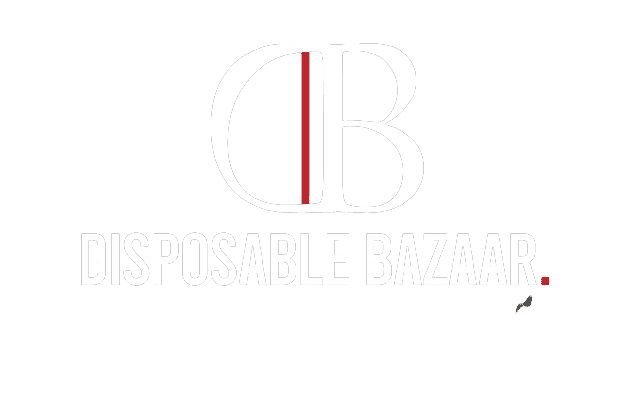Ramadan, the holiest month in the Islamic calendar, is a time of reflection, spirituality, and generosity. One of the core principles of Ramadan is charity, and what better way to embody this principle than by distributing food to the needy? In this guide, we’ll explore how to organize a charity initiative to distribute food to those in need during Ramadan using disposable boxes. This initiative not only provides essential sustenance to the less fortunate but also fosters a sense of community and compassion.
Disposable Boxes for Charity:
Utilizing disposable boxes for charity initiatives offers numerous benefits, including convenience, hygiene, and portability. These boxes can be filled with essential food items such as rice, lentils, canned goods, and dates, ensuring recipients have access to nutritious meals during Ramadan. The disposable nature of the boxes eliminates the need for recipients to return containers, making distribution simpler and more efficient. Additionally, using disposable boxes reduces the risk of contamination or transmission of diseases, prioritizing the health and well-being of both volunteers and recipients.
Utilizing disposable boxes for charity initiatives presents a host of advantages that not only streamline the process of distribution but also ensure the well-being of both volunteers and recipients. Here’s an in-depth exploration of the benefits associated with using disposable boxes for charity during Ramadan:
Convenience
Disposable boxes offer a convenient packaging solution for distributing food items to those in need during Ramadan. Their lightweight and stackable design make them easy to transport, store, and distribute efficiently. Volunteers can quickly pack the boxes with essential food items without the need for elaborate packaging processes, saving time and resources.
Hygiene
Maintaining hygiene standards is paramount when distributing food to vulnerable populations. Disposable boxes provide a hygienic solution by minimizing the risk of contamination. Unlike reusable containers, disposable boxes are single-use and do not require cleaning or sanitization between uses. This reduces the likelihood of foodborne illnesses and ensures that recipients receive safe and sanitary meals during Ramadan.
Portability
The portability of disposable boxes makes them ideal for reaching remote or underserved communities where access to nutritious food may be limited. Whether distributing food parcels in urban areas or rural villages, volunteers can easily transport the boxes to various locations, ensuring that even the most isolated individuals have access to essential food items during Ramadan.
Nutritious Meals
Disposable boxes can be filled with a variety of essential food items that cater to the dietary needs of recipients during Ramadan. Staples such as rice, lentils, canned goods, and dates provide a well-rounded selection of nutritious ingredients that are staple foods during the fasting month. This ensures that recipients have access to balanced and wholesome meals that sustain them throughout the day.
Eliminates the Need for Return
The disposable nature of the boxes eliminates the logistical challenge of collecting and sanitizing containers after distribution. Recipients do not need to return the boxes, simplifying the distribution process and reducing administrative burdens for organizers. This streamlines operations and allows volunteers to focus their efforts on reaching more individuals in need.
Reduced Risk of Contamination
Using disposable boxes significantly reduces the risk of contamination or transmission of diseases, especially in the context of public health concerns such as the COVID-19 pandemic. Since the boxes are single-use and disposed of after distribution, there is minimal risk of cross-contamination between volunteers and recipients. This prioritizes the health and safety of all parties involved in the charity initiative.
Ramadan Charity Ideas:
a. Iftar Box Campaign:
- Launch an Iftar Box Campaign where individuals or businesses sponsor the creation and distribution of iftar boxes filled with nutritious meals for those in need.
- Customize the boxes with a variety of traditional Ramadan foods, including dates, samosas, fruit, and beverages, to provide a complete iftar experience.
- Partner with local mosques, community centers, or charitable organizations to identify and distribute iftar boxes to marginalized communities or refugee populations.
b. Suhoor Kits for Families:
- Create Suhoor Kits containing pre-packaged meals and essential food items for families to enjoy before dawn.
- Include items such as instant oats, energy bars, bottled water, and dates to provide sustenance during the pre-dawn hours.
- Distribute Suhoor Kits to low-income families or individuals who may struggle to afford nutritious meals during Ramadan, ensuring they have the necessary nourishment to observe the fast properly.
c. Community Soup Kitchen:
- Establish a temporary community soup kitchen during Ramadan where volunteers prepare and serve hot meals to the needy.
- Utilize disposable containers to package and distribute meals, allowing recipients to take food home if they are unable to dine in.
- Encourage community members to volunteer their time or donate ingredients to support the soup kitchen’s operations throughout the month.
Feeding the Needy in Ramadan:
Feeding the needy during Ramadan is not only a charitable act but also a spiritual obligation for Muslims seeking to earn blessings and forgiveness. By providing food to those less fortunate, individuals and communities can fulfill the prophetic tradition of caring for the vulnerable and marginalized members of society. In addition to physical nourishment, Ramadan charity initiatives aim to uplift spirits, foster solidarity, and promote empathy and compassion among individuals of all backgrounds.
Key Steps to Implement the Initiative:
1. Food Selection:
The foundation of any successful food distribution initiative lies in selecting the right food items. Opt for staple foods like rice, lentils, canned goods, dates, and other non-perishable items that are nutritious and can sustain individuals during Ramadan.
Consider dietary needs and cultural preferences when choosing food items to ensure inclusivity and respect for diverse communities.
2. Packaging:
Pack the selected food items thoughtfully in disposable boxes. Each box should contain a balanced selection of items to meet the recipients’ dietary requirements during Ramadan.
Ensure that the packaging is secure and hygienic to maintain the integrity of the food items.
3. Distribution:
Develop a comprehensive distribution plan to reach out to the needy in your community. Consider partnering with local charities, mosques, or community centers to identify and distribute food packs to those who would benefit the most.
Prioritize areas with high levels of food insecurity and ensure equitable distribution across different demographics.
4. Volunteer Support:
Engage volunteers from the community to assist in packing the boxes, coordinating distribution logistics, and providing support throughout the initiative.
Foster a sense of unity and shared purpose among volunteers by emphasizing the significance of their contributions to helping those in need during Ramadan.
5. Promotion:
Raise awareness about your charity initiative through various channels, including social media, local newspapers, community newsletters, and religious institutions.
Highlight the impact of the initiative and encourage donations and support from individuals, businesses, and organizations within the community.
Types of Food Included in Ramadan Food Parcels:
During the fasting month of Ramadan, when Muslims abstain from food and drink from dawn until sunset, providing nourishing food parcels becomes an essential act of charity. These parcels are carefully curated to ensure that recipients have access to a variety of essential food items that not only sustain them physically but also contribute to the cultural and spiritual significance of the holy month. Let’s delve deeper into the types of food commonly included in Ramadan food parcels:
Staple Foods
- Rice
- Flour
- Dates
- Potatoes
- Onions
- Lentils
Cooking Essentials:
- Cooking Oil
- Salt
- Sugar
- Spices
- Sauce
- Proteins
- Canned Fish
- Cheese
- Beans
Additional Items:
- Tea Bags
- Halva
- Pasta
- Vermicelli
- Tahini
- Powdered Milk
The Wrap Up
Distributing food to the needy using disposable boxes during Ramadan is a powerful way to live out the spirit of generosity and compassion that defines this holy month. By following the steps outlined in this guide and selecting appropriate food items for distribution, individuals and communities can come together to make a meaningful difference in the lives of those less fortunate.
